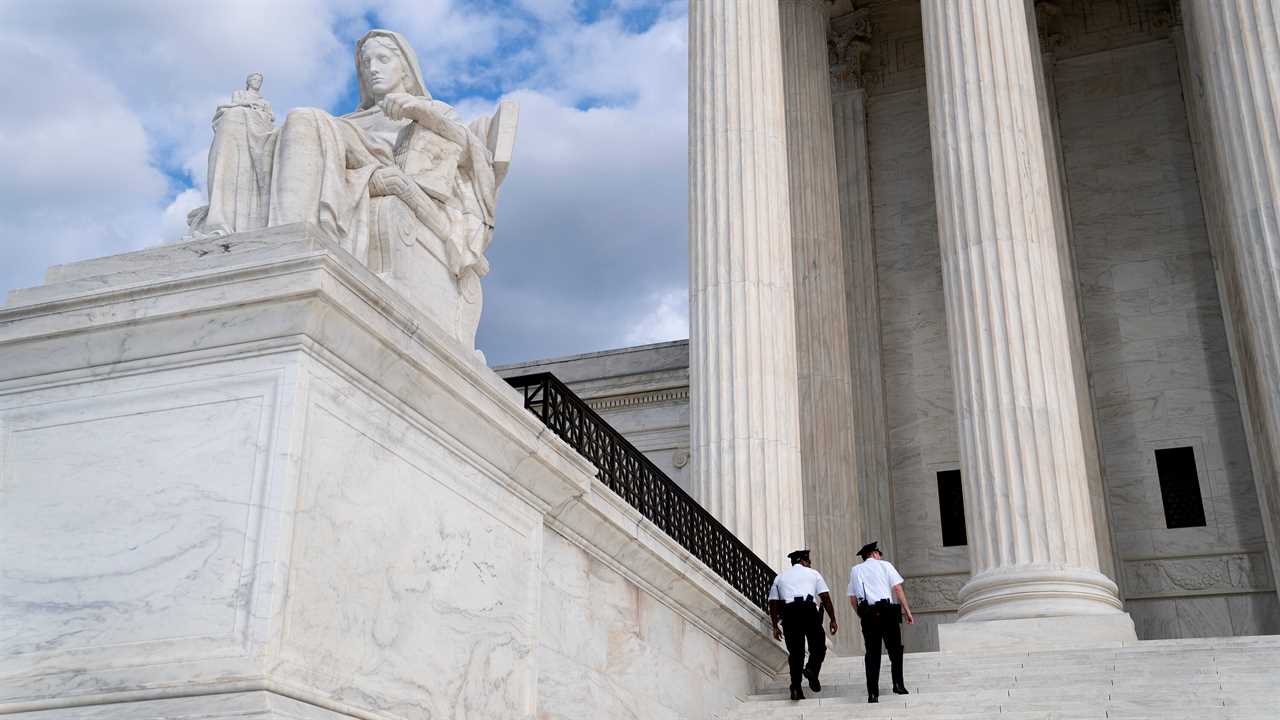
WASHINGTON — After almost three hours of lively arguments on Monday at the Supreme Court, a majority of the justices seemed inclined to allow abortion providers — but perhaps not the Biden administration — to pursue a federal court challenge to a Texas law that has sharply curtailed abortions in the state.That would represent an important shift from a 5-to-4 ruling in September that allowed the law to go into effect. Justices Brett M. Kavanaugh and Amy Coney Barrett, who were in the majority in that ruling, asked questions suggesting that they thought the novel structure of the Texas law justified allowing the providers to challenge it.Justice Kavanaugh said that permitting a challenge might amount to closing a loophole. Justice Barrett said the law was structured to prevent the providers from presenting a “full constitutional defense.”A decision to allow a challenge would not conclude the case or address whether the law itself is constitutional. Instead, it would return the case to lower federal courts for further proceedings. Moreover, it was not clear whether the court would temporarily block the law while the case moved forward, if it allowed either the providers or the administration to sue.The law, which went into effect on Sept. 1, was drafted to evade review in federal court, a goal the state has so far achieved. The law, which bans most abortions after about six weeks and includes no exceptions for pregnancies resulting from rape or incest, has caused clinics in the state to turn away most women seeking the procedure.There is little question that the ban itself is unconstitutional under two key Supreme Court precedents, Roe v. Wade in 1973 and Planned Parenthood v. Casey in 1992. Those rulings prohibited states from barring abortions before fetal viability, or about 23 weeks.The question for the justices was whether abortion providers and the Biden administration are entitled to challenge the law in federal court. Officials in Texas say the novel structure of the law, known as Senate Bill 8, forbids such challenges.Lawyers on both sides said the stakes were very high.“To allow Texas’ scheme to stand would provide a road map for other states to abrogate any decision of this court with which they disagree,” said Marc A. Hearron, a lawyer for the providers. “At issue here is nothing less than the supremacy of federal law.”Judd E. Stone II, the solicitor general for the state of Texas, said allowing the providers to sue would “alter bedrock doctrines organizing the federal courts.”The four justices who dissented in September — Chief Justice John G. Roberts Jr. and Justices Stephen G. Breyer, Sonia Sotomayor and Elena Kagan — did not seem to have changed their minds about the law. And Justices Clarence Thomas, Samuel A. Alito Jr. and Neil M. Gorsuch asked questions that suggested they thought the federal courts had no role to play.Chief Justice Roberts asked a telling hypothetical question about the law, which allows plaintiffs who sue under it to win an award of at least $10,000 if they prevail.“Assume that the bounty is not $10,000 but a million dollars,” Chief Justice Roberts said, adding, “Do you think in that case the chill on the conduct at issue here would be sufficient to allow federal court review prior to the end of the state court process?”Mr. Stone said no. That answer did not seem to satisfy the chief justice.“Nobody is going to risk violating the statute,” he said, “because they’ll be subject to suit for a million dollars.”Mr. Stone said the Texas law “is capped at much less than that.”“Yeah,” Chief Justice Roberts said, a little irritated. “My question is what we call a hypothetical.”Justice Breyer listed six ways in which suits brought under the Texas law differed from ordinary ones. “Anybody can sue,” he said. Second, they can sue anywhere in Texas, he added, noting that the state is bigger than Rhode Island.Third, winning once is not a defense in a subsequent suits, he said. Fourth, prevailing plaintiffs are entitled to payment of their legal fees, he said, while defendants who win must pay their own lawyers. Fifth, he said, were the $10,000 bounties. Sixth, he said, were the law placed on defendants’ ability to defend themselves on constitutional grounds.“Is there a seventh?” Justice Breyer asked.Mr. Hearron added two more: the damages awarded to plaintiffs and the injunctions they are entitled to if they win are unrelated to the harm they suffered.Justice Kagan said Texas should not be rewarded for drafting a clever law.“The fact that after all these many years, some geniuses came up with a way to evade the commands of” an important precedent, she said, and “the even broader principle that states are not to nullify federal constitutional rights and to say, ‘Oh, we’ve never By: Adam Liptak
Title: Supreme Court Hints That It May Allow Challenge to Texas Abortion Law
Sourced From: www.nytimes.com/2021/11/01/us/politics/supreme-court-texas-abortion-law.html
Published Date: Mon, 01 Nov 2021 19:45:43 +0000
Read More
Did you miss our previous article...
https://badpoliticians.com/us-politics/both-sides-claim-momentum-in-the-final-days-before-virginia-votes
 UK PoliticsWorld PoliticsVideosPrivacy PolicyTerms And Conditions
UK PoliticsWorld PoliticsVideosPrivacy PolicyTerms And Conditions
